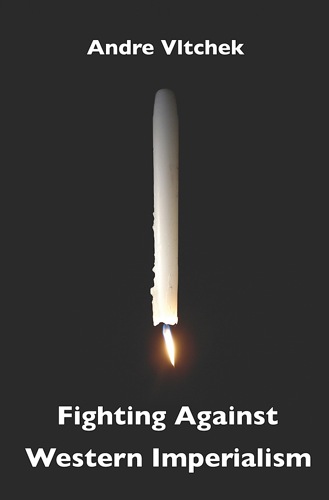(17-01-2015) Iraq News Summary (14 January 2026)
(10-01-2015) Iraq: Mr Uday Al-Zaidi - Appeal of Extreme Urgency.
(17-01-2015) Iranian Gen. Mehdi Norouzi taken out in Iraq
(24-11-2014) ISIS – Fighting The Modern Wahabis
(23-10-2014) IS imposes new rules on education in Syria, Iraq
(17-01-2015) The Prosecutor of the International Criminal Court, Fatou Bensouda, opens a preliminary ...
(17-01-2015) Netanyahu’s Vision: A World Without the ICC
The BRussells Tribunal is independent and wants to remain independent.
The BRussells Tribunal is an activist think tank and peace organisation with a special focus on Iraq. Read more...



